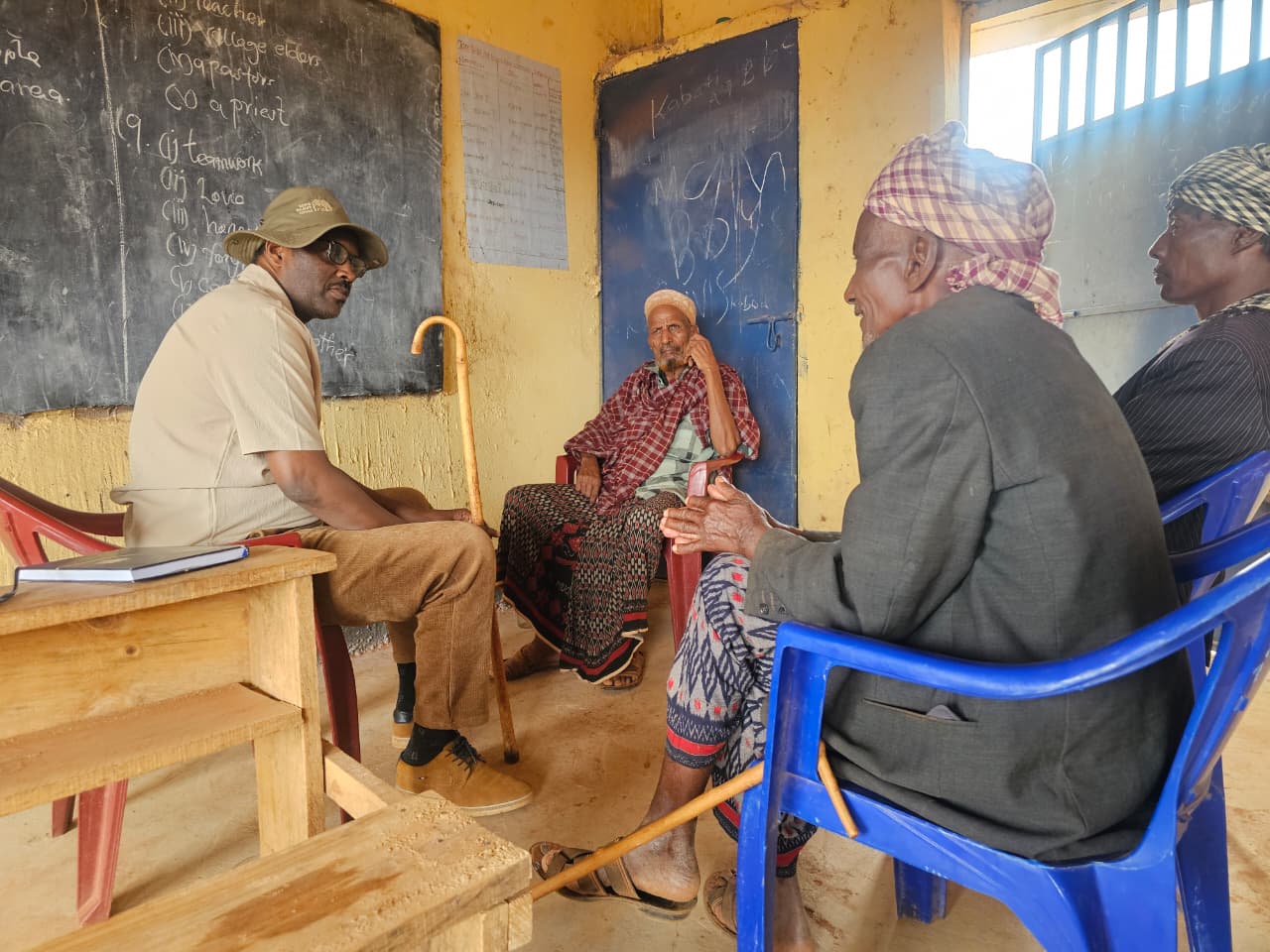
ALIO: Why Mandera Suftu, Rhamu Malka Ladeni bridges matter more
Bridging borders, building futures
At the heart of this transformation is a local initiative that bans land grabbing and protects vegetation from exploitation.
In Summary

Audio By Vocalize

In the arid expanses
of Mandera County lies a small, remote settlement known as Dai Dai, nestled
within Guticha ward of Mandera North constituency. While seemingly forgotten by
time and development, the settlement has emerged as a remarkable example of
community-driven environmental stewardship.
In a region often synonymous with harsh droughts, resource conflicts and degraded rangelands, this nomadic pastoralist community is quietly setting a precedent in sustainable land management.
Dai Dai’s roughly 800 residents depend almost entirely on livestock for their livelihood. Unlike many other areas in northern Kenya, the people of Dai Dai have taken it upon themselves to guard the fragile rangelands that sustain their animals and their way of life.
Despite limited infrastructure – consisting of only Dai Dai Primary School and a single borehole with two watering troughs – the community has demonstrated an impressive commitment to conserving their environment.
At the heart of this transformation is a local initiative that bans land grabbing and protects vegetation from exploitation. The community has recruited a group of volunteers who patrol the settlement and its environs daily.
Their mandate is simple but powerful: to ensure that no green vegetation is cut, and that charcoal burning is strictly limited to dead or dry trees.
Through this effort, they are tackling environmental degradation head-on without waiting for external directives. All this was made possible under the supervision and guidance of the elders led by chairman Hussein Jimale Weheliye and the county government representative, Mohamud Alas Billow, a young hardworking man passionate about the community. He is also the village administrator.
What makes this effort even more remarkable is the fact that Dai Dai is largely an illiterate and uneducated community.
Many of its members are unaware of national climate policies or academic literature on rangeland management.
Yet, their indigenous knowledge, long passed down through generations, has enabled them to adapt to a changing environment in ways that even policy frameworks sometimes fail to achieve.
The community has
developed their own rotational grazing patterns to preserve grasslands and
minimise overgrazing — a simple but vital technique to ensure the survival of
both livestock and vegetation in the fragile semi-arid ecosystem.
Their efforts come at a time when climate change is intensifying drought cycles in Mandera and across northern Kenya. With shrinking pastures and drying water sources, conflict and displacement have become all too common. However, Dai Dai has chosen a different path – one of resilience and innovation.
As the lands and urban development executive, I recently visited the area and was deeply inspired.
The community’s model, while informal and rooted in tradition, aligns perfectly with modern conservation principles and land governance ideals. It proves that effective land management does not always require high-tech solutions or donor funding – sometimes, all it takes is community will and collective responsibility.
Nevertheless, Dai
Dai’s efforts cannot thrive in isolation. The community is calling for support
to sustain and scale up their work. In particular having immensely benefited
from ‘Elimu Kwa Wote’, free secondary education a programme initiated and
implemented by Governor Adan Khalif, they are set to benefit from the Horn of
Africa Groundwater for Resilience project and other county-led initiatives.
They seek technical
assistance, sustainable water infrastructure, improved livestock services and
support in formalising and documenting their conservation bylaws.
Dai Dai’s approach offers a compelling blueprint for other pastoralist communities facing similar environmental challenges. It demonstrates that, when empowered and recognised, local communities can become the most effective custodians of the land.
As Kenya continues to battle the devastating effects of climate change, the story of Dai Dai is a timely reminder: sustainable solutions can be homegrown – and sometimes, the best ideas sprout not from boardrooms in Nairobi, but from grassroots resilience in the dry heartlands of Mandera.

Bridging borders, building futures